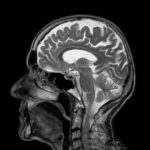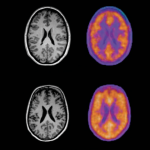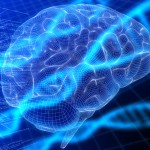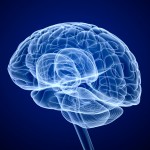
Matthew Broome appraises a recent cohort study that looks at neural markers of resilience in young women at familial risk for major depressive disorder.
[read the full story...]
Matthew Broome appraises a recent cohort study that looks at neural markers of resilience in young women at familial risk for major depressive disorder.
[read the full story...]
Dan Joyce publishes his debut blog on a recent paper in the British Journal of Psychiatry that considers the feasibility and clinical utility of magnetic resonance imaging in first-episode psychosis.
[read the full story...]
Keith Laws and Samei Huda are not impressed by a study on brain connectivity changes following CBT for psychosis, which received a significant amount of press coverage when it was published back in January.
[read the full story...]
Samei Huda summarises a small PET brain imaging study, which looks at two cohorts (Ultra High Risk of Psychosis v Controls and Schizophrenia v Controls) to compare relative levels of microglial activity.
[read the full story...]
Dan-Mikael Ellingsen explores the neurochemistry of placebo effects in major depression, as he reviews a recent study of the association between placebo-activated neural systems and antidepressant responses.
[read the full story...]
Linking brain scans with genetic information offers a powerful way to further our understanding of how the brain works, but to do this properly many researchers from around the world need to collaborate. Fortunately, the ENIGMA Consortium are leading the way in this emerging field of imaging genomics.
[read the full story...]
For people who are suffering from a severe depression, antidepressants are a very effective treatment, but how they work is still not fully understood. The basic biochemistry of how one dose of the drug affects one part of the nervous system is known, e.g. increasing serotonin levels at the synapse by preventing it from being [read the full story…]

Some of the elves in our neck of the woods like to go on a trip to Mushroom Kingdom from time to time, just to relax and boost their abilities you understand. Unfortunately being able to double in size or become invincible hasn’t happened in real life yet, but a recent study has looked at [read the full story…]

Does a mouse think like a human? Does a cat? Does a macaque monkey? These are fascinating questions to ask on a philosophical level, but they are also of immense practical importance. Current regulations on drug development mean that animal research plays a huge role in deciding what substances might be safe and beneficial to humans. [read the full story…]

At the start of using neuroimaging to try and understand mental health problems, the focus was on a specific area of the brain that might be different. As the methods have become more sophisticated, the ability to look at how different areas of the brain are linked into functional networks has developed. Whilst damage to [read the full story…]